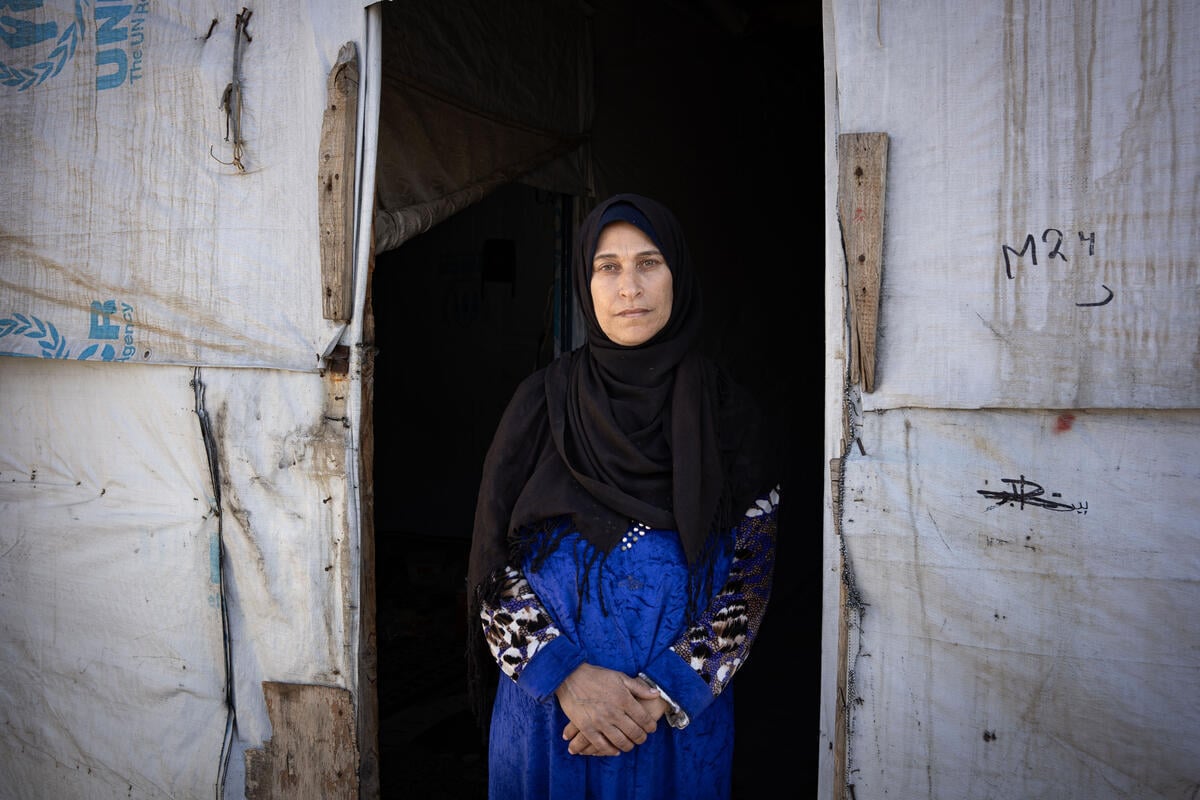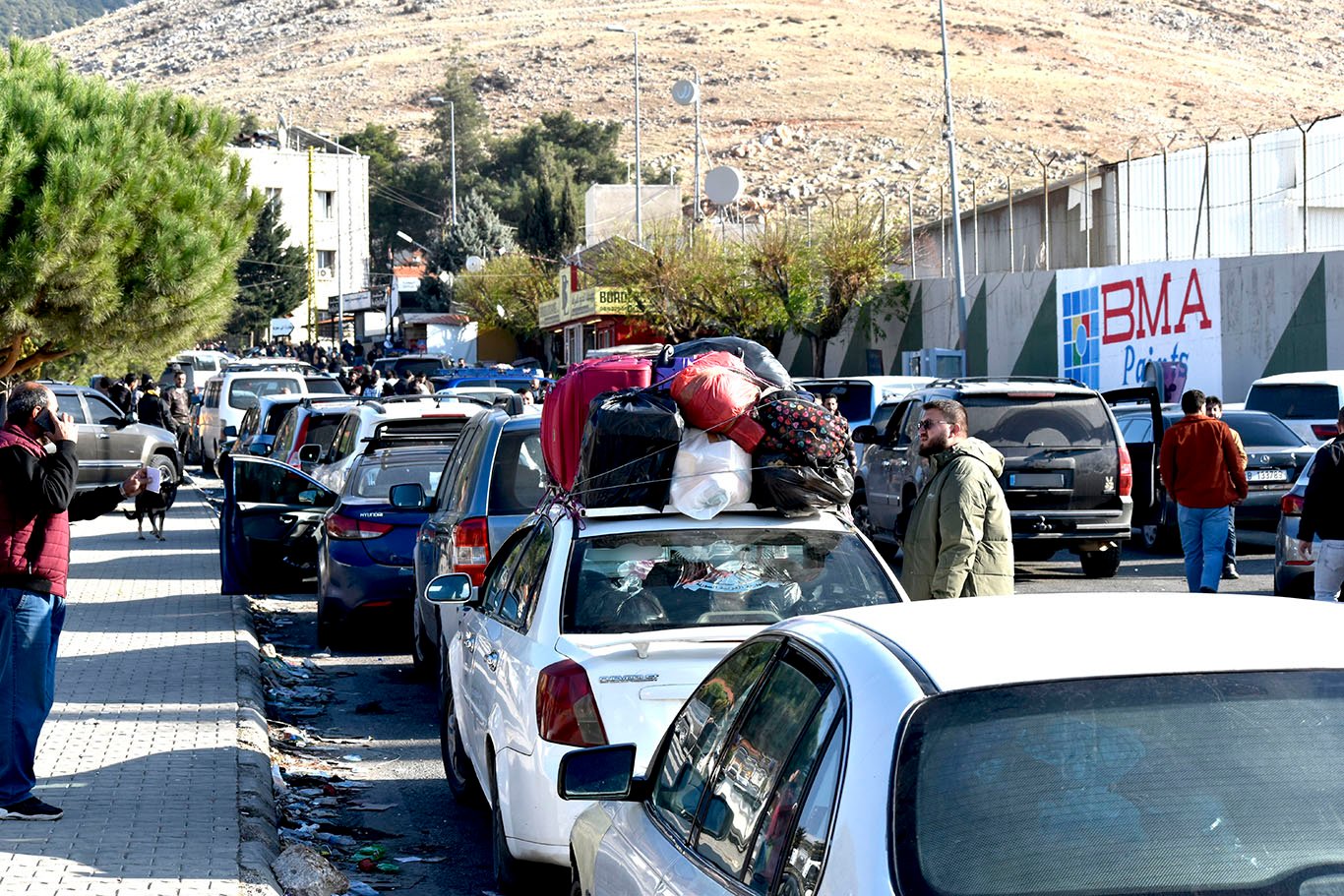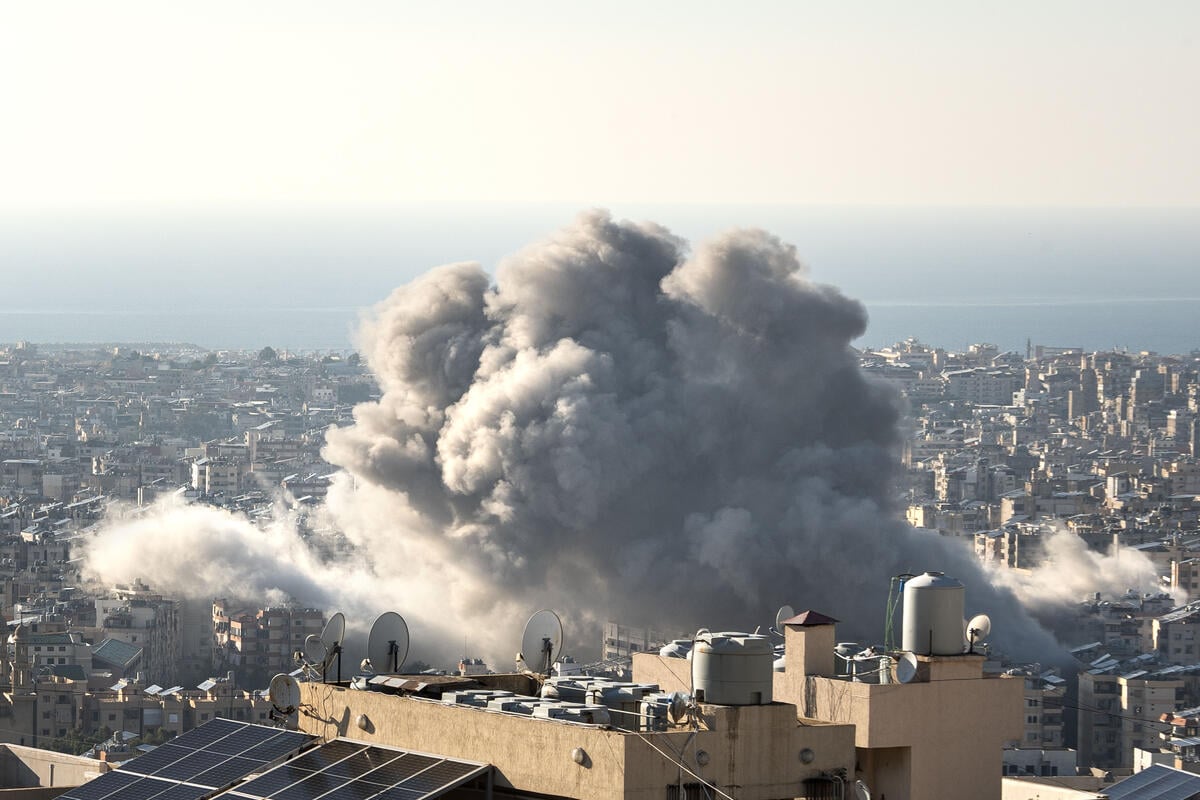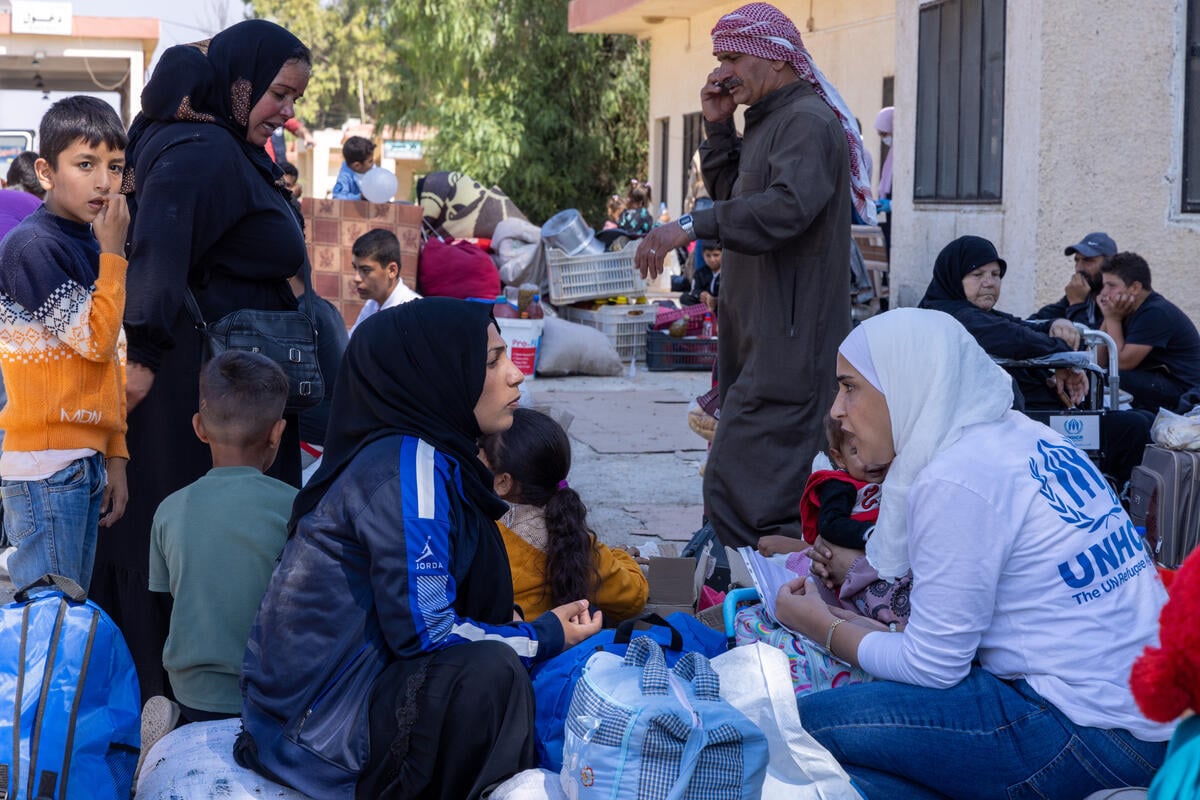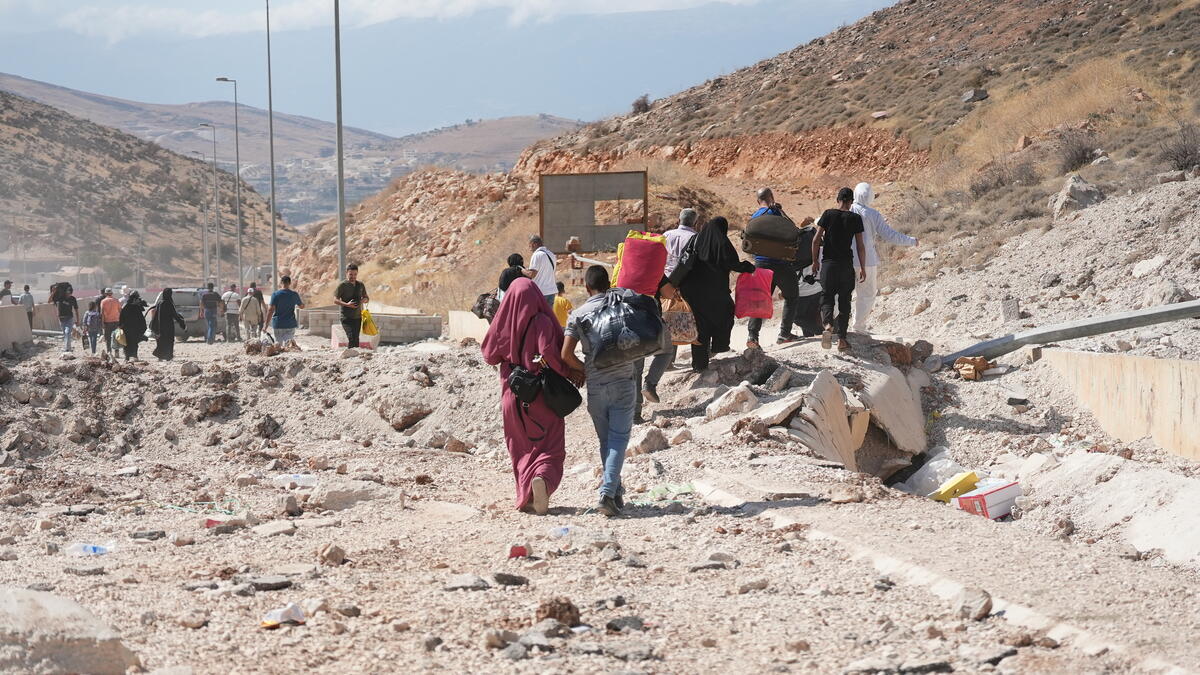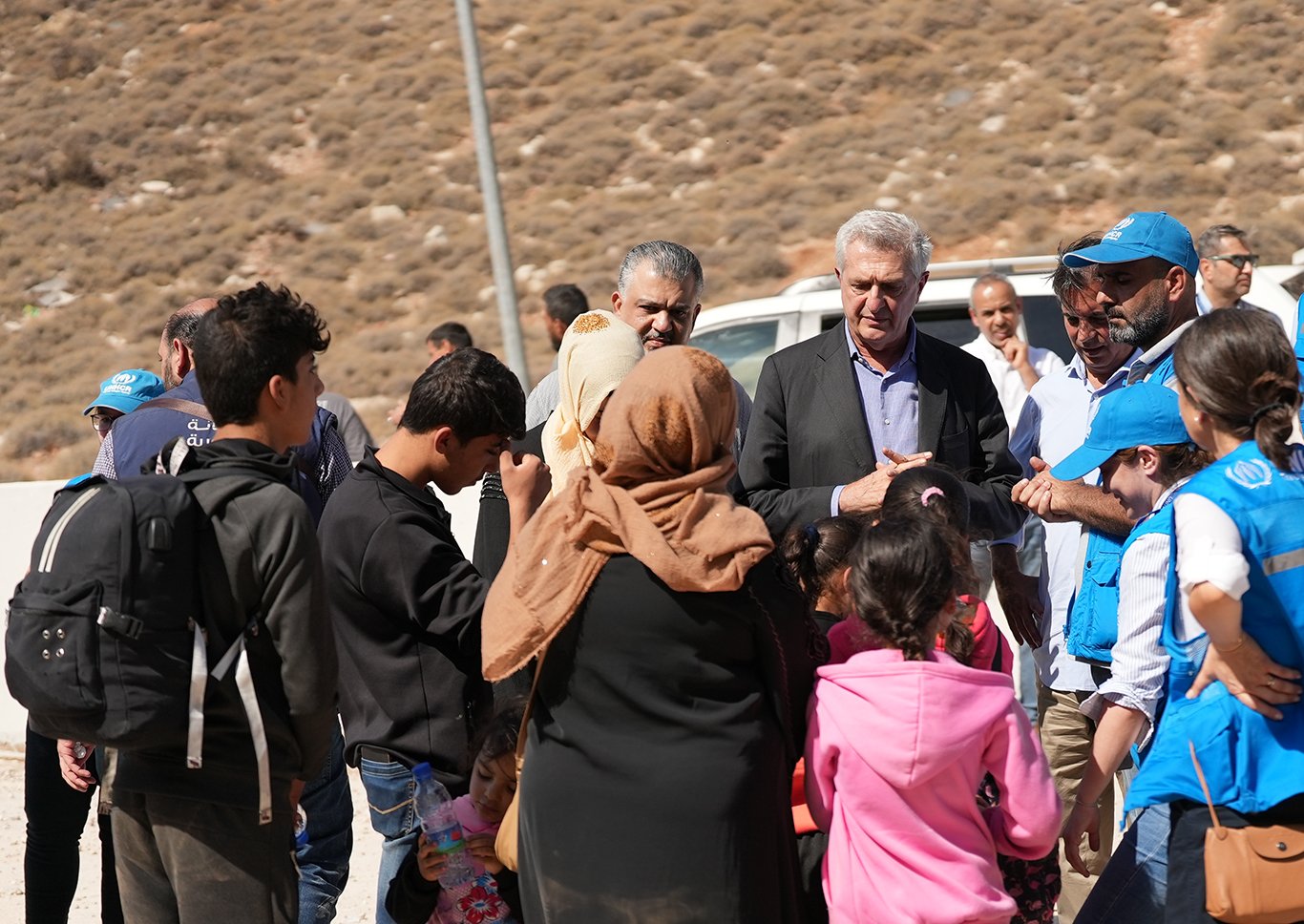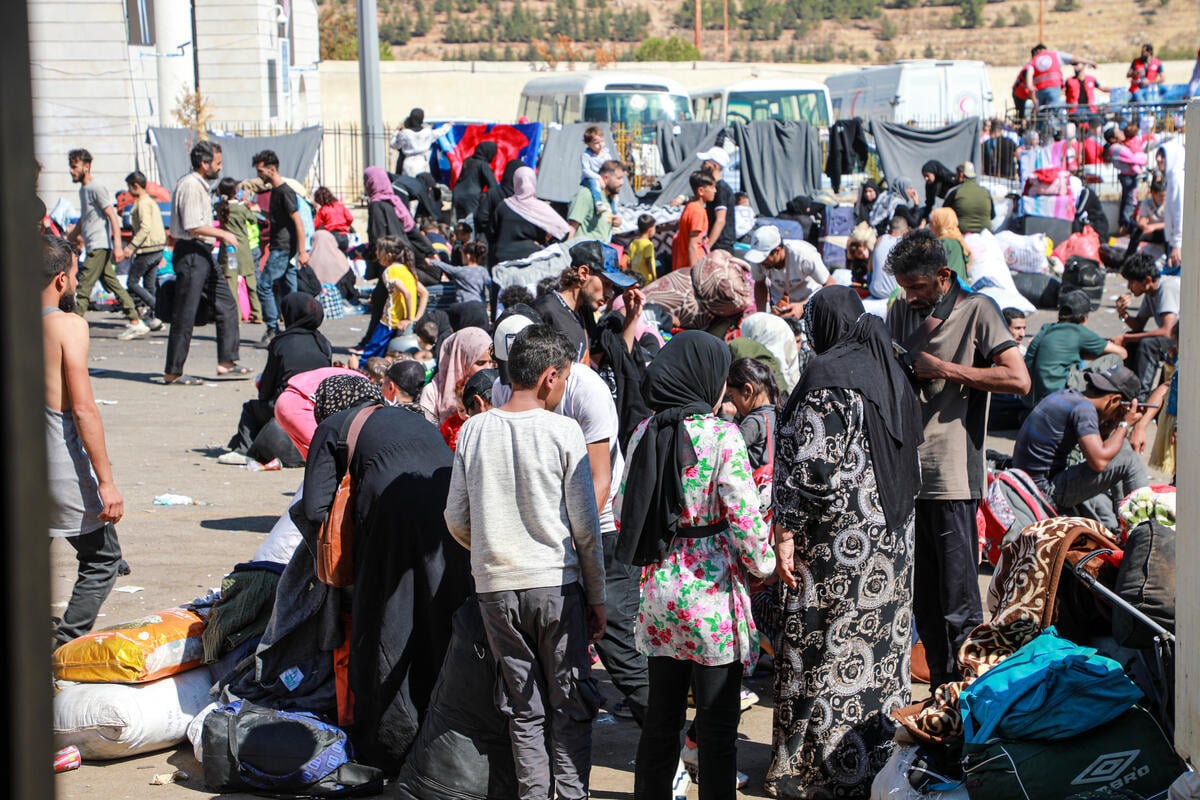Trauma survey in Syria highlights suffering of Iraqi refugee
Trauma survey in Syria highlights suffering of Iraqi refugee

GENEVA, January 22 (UNHCR) - A UNHCR-commissioned survey of trauma among Iraqi refugees indicates widespread depression and anxiety among those interviewed and calls for programmes be set up to address mental health issues and their prevalence among some 1.5 million Iraqi refugees in Syria.
Final results of the study of 754 refugees in Syria were released in Geneva on Tuesday, including another key recommendation for increased advocacy among all groups within Iraq "to end deliberate torture and the numerous other horrific events" in the country.
The survey was conducted by the Ipsos market research agency among refugees registering with UNHCR in Damascus from October 31-November 25. The data collected was analyzed by the United States Centres for Disease Control and Prevention in Atlanta, Georgia using standard assessment tools.
UNHCR said the results could not be generalized to all refugees in Syria, including those registered by the agency, but UNHCR Representative in Syria Laurens Jolles said they "highlight the fact that many of the Iraqi refugees that come to us are suffering from depression, anxiety and post-traumatic stress disorder."
He added that "this affects every aspect of their lives. We have seen countless marriages that have not survived this stress, children that no longer attend school and people that find it increasingly difficult to cope with life."
The survey showed that every single person interviewed by Ipsos reported experiencing at least one traumatic event in Iraq prior to their arrival in Syria. UNHCR estimates that one in five of those registered with the agency in Syria since January last year - more than 19,000 individuals - are classified as "victims of torture and/or violence" in Iraq.
The survey showed that depression and anxiety are highly prevalent - 89 percent and 82 respectively. This is linked to terrors endured before they fled Iraq - 77 percent of those interviewed reported being affected by air bombardments and shelling or rocket attacks. Eighty percent reported witnessing a shooting.
Sixty-eight percent said they experienced interrogation or harassment by militias or other groups, including receiving death threats, while 16 percent said they had been tortured. Seventy-two percent were eyewitnesses to a car bombing and 75 percent said they knew someone who had been killed.
The report highlighted the many forms of torture suffered by Iraqi refugees, including beatings, electric shocks, objects being placed under fingernails, burns and rape. Most instances of torture were perpetrated by members of militia groups (69 percent).
Oula Ramadan, a registration clerk for UNHCR in Damascus, said a constant stream of Iraqi refugees came and reported cases of torture or violence. "I will never get used to the accounts of torture and suffering that I hear day in, day out. I have heard from people of every religion, ethnicity, age and wealth level who have been tortured in Iraq, some as recently as last month."
Om Mohamed is typical of those who come to the registration centre. She fled Iraq after her husband was murdered and her two sons abducted six months ago. Fearing for the worst and running out of money, she turned to UNHCR to ask for help. "I woke up this morning wondering how I would make it through the day. I am hoping this interview may help me, although I don't know how," she said.
UNHCR and its health partners are prioritizing psycho-social support for refugees. This includes regular referrals to psychiatrists, clinics and mental health institutions. The agency is also working with volunteers to offer support to family members of people suffering from psychiatric disorders.
The refugee agency has appealed for US$261 million this year to support Iraqi refugees and those displaced inside Iraq. Part of this money will be allocated to psycho-social care and support the governments of countries like Syria and Jordan, which have hosted millions of Iraqis.
A large-scale response, however, is extremely challenging in a region which does not have many psychologists, psychiatrists and mental health support mechanisms.
More than 2.2 million Iraqis are uprooted in Iraq, while an additional 2 million have been forced to flee to neighbouring countries.


